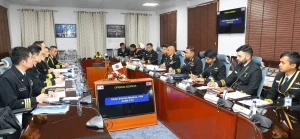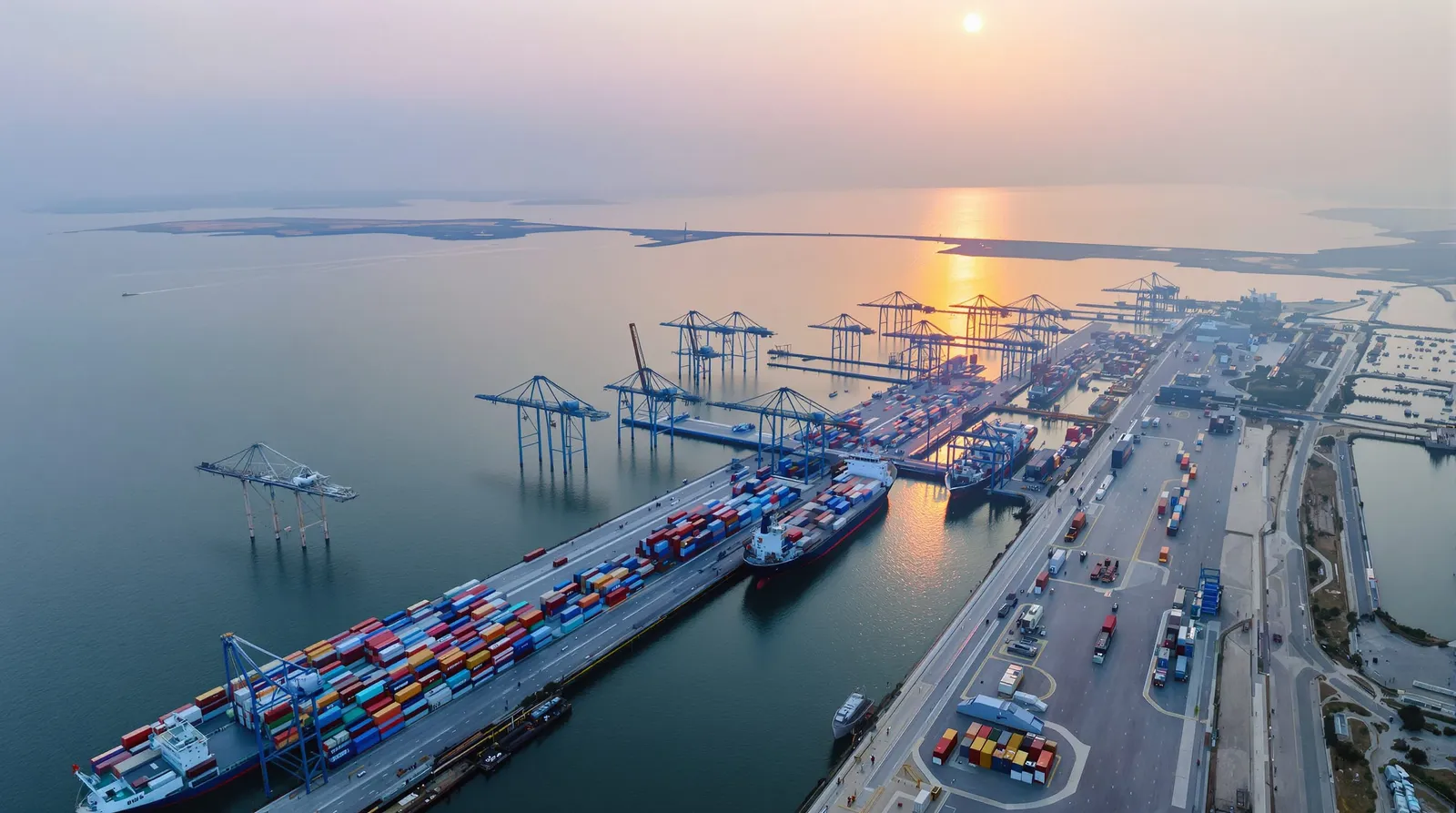India’s Directorate General of Shipping (DGS) has initiated a comprehensive crackdown on fraudulent training certificates used by Indian seafarers to secure employment on foreign-flagged vessels. This directive, issued on July 18, stems from investigations that revealed a rising incidence of counterfeit Certificates of Competency (CoCs) and Certificates of Proficiency (CoPs) distributed by unauthorized agents and unapproved maritime institutes.
DGS reports that some Indian seafarers were misled into believing they could upgrade their employment status by using fake documents, often without undergoing necessary training or assessments. Many of these counterfeit certificates were issued by non-existent or unapproved institutions. Investigators also found that certain Recruitment and Placement Service License (RPSL) agencies were enticing seafarers with fraudulent STCW certificates, tying this to job placements with specific companies while offering “package deals” that included forged documents.
This alarming trend poses significant challenges during Port State Control (PSC) inspections, during which crews sailing on vessels were found using fake certificates. In a proactive response, Indian authorities have already begun confiscating several such fraudulent documents issued by foreign entities. The new regulations dictate that all officers, engineers, ratings, and watchkeeping crew must possess CoCs and CoPs either issued by the Indian government or by foreign administrations recognized by India under STCW Regulation I/10. Currently, only a select number of countries—such as Malaysia, UAE, South Korea, Sweden, and Commonwealth nations—are included on the approved list, potentially impacting seafarers with valid but unrecognized certifications from registries like Panama, Liberia, or the Marshall Islands.
Effective immediately, all STCW-related training must be conducted at institutes that the DGS has officially approved, ensuring that no organization in India can issue such certificates without the necessary authorization. Moreover, RPSL agencies and ship managers are now mandated to authenticate every certificate through the DGS website or through local Mercantile Marine Departments. They must also verify that all seafarers are certified and medically fit and are required to maintain meticulous employment records, in compliance with the Merchant Shipping (Recruitment and Placement of Seafarers) Rules, 2016.
Penalties for non-compliance are severe. Seafarers caught using fraudulent documentation face a minimum two-year sailing ban, suspension of their Continuous Discharge Certificate (CDC), and blocking of their Indian National Database of Seafarers (INDoS) number. Agencies implicated in such fraud may lose their licenses and face further legal repercussions under the Merchant Shipping Act of 1958.
The DGS’s directive, sanctioned by the Competent Authority, has been communicated to all stakeholders, including shipowners, crewing agencies, maritime associations, and training institutes. Industry insiders express concerns that even legitimate seafarers might face challenges due to the restricted list of recognized foreign administrations, suggesting the new rules could disrupt operations for various RPSL agencies and potentially lead to vessel detentions if crew members are found with invalid certifications.
Ultimately, these actions taken by the DGS are crucial for India to fulfill its international obligations under the STCW Convention, ensuring maritime safety and protecting lives at sea, while also preserving the integrity of the global shipping industry.
Source link










